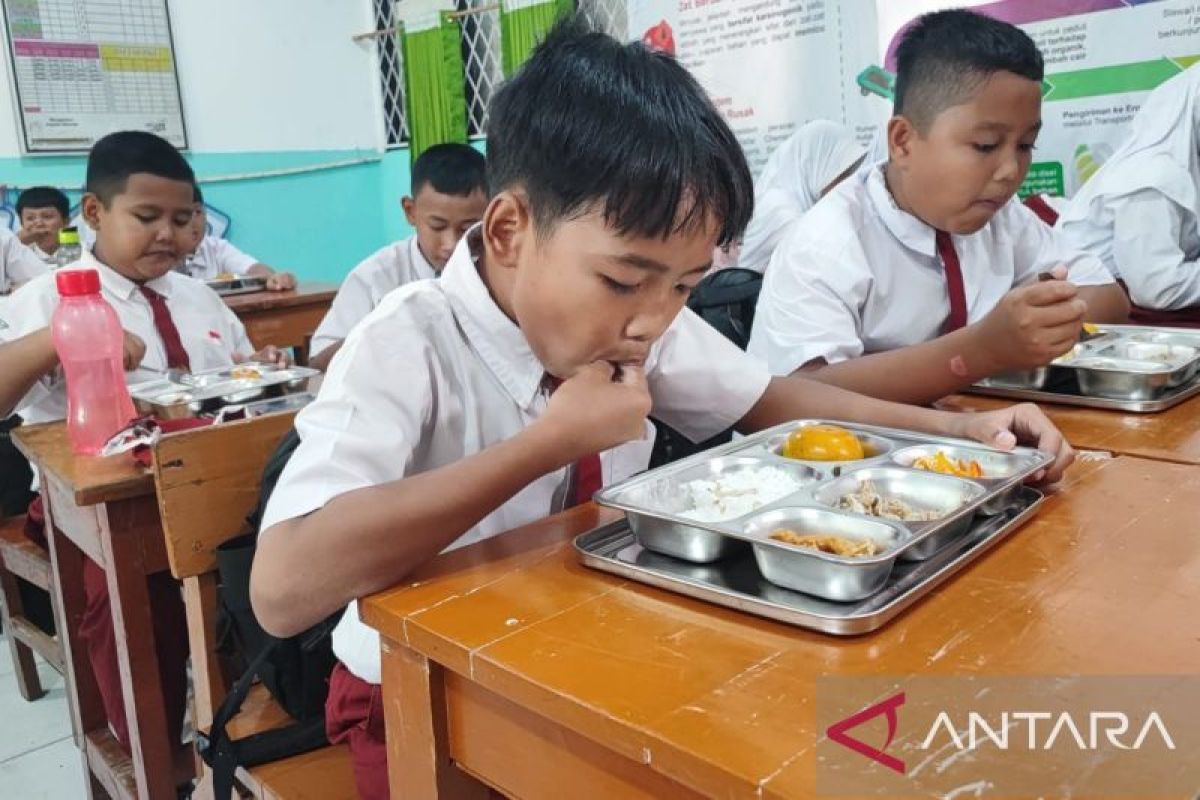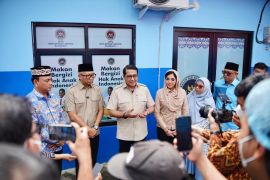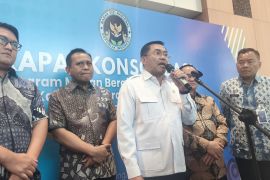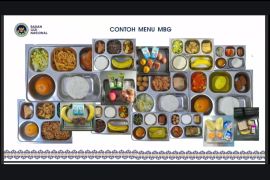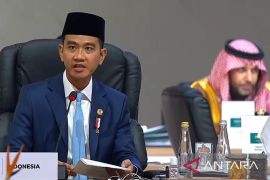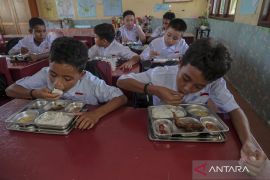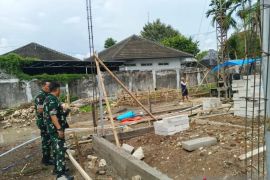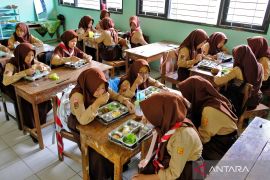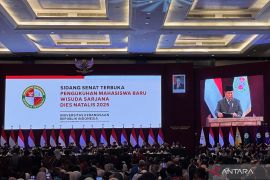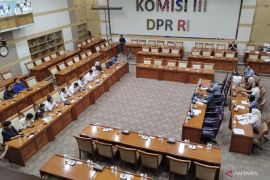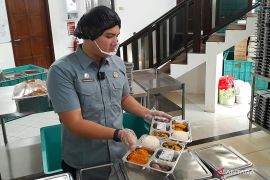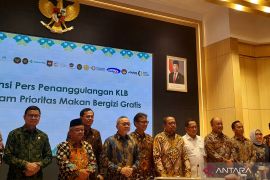"As this is a very massive program that reaches all regions in Indonesia with the total number of beneficiaries at almost 83 million, of course, it cannot be done all at once," he said. "It has to be carried out in stages."
He added that the gradual implementation of the free meals program will allow for improvements in the system and mechanism to address potential challenges.
"If it is done simultaneously throughout Indonesia, any problems could escalate into significant issues. However, if it is a gradual process, God willing, those issues can be resolved before scaling up to the national level," Qodari explained.
The National Nutrition Agency (BGN) aims to cover 15 million beneficiaries by the end of this year.
The free meals program aims to enhance Indonesia's future generations by meeting the nutritional needs of pregnant women, toddlers, schoolchildren, and individuals at risk of stunting.
The government has prepared a budget of Rp71 trillion (nearly US$4.4 billion) for the program, which launched on Monday.
Spokesperson for the Presidential Communications Office, Hariqo Wibawa Satria, said that with the program's launch, as many as 600,000 children nationwide have begun receiving free nutritious meals.
He expressed the hope that the breakthrough program initiated by President Prabowo Subianto would be implemented successfully.
The budget for the free nutritious meals, after the trial, has been set at Rp10,000 (approximately $0.62) per package for regions within Java. Outside Java, it will be adjusted based on food availability and recommendations of nutritionists.
Related news: Free meals program can drive economic growth: Deputy Minister
Related news: Official announces weekly milk provision under free nutritious meals
Translator: Syaiful Hakim, Yashinta Difa
Editor: Anton Santoso
Copyright © ANTARA 2025
